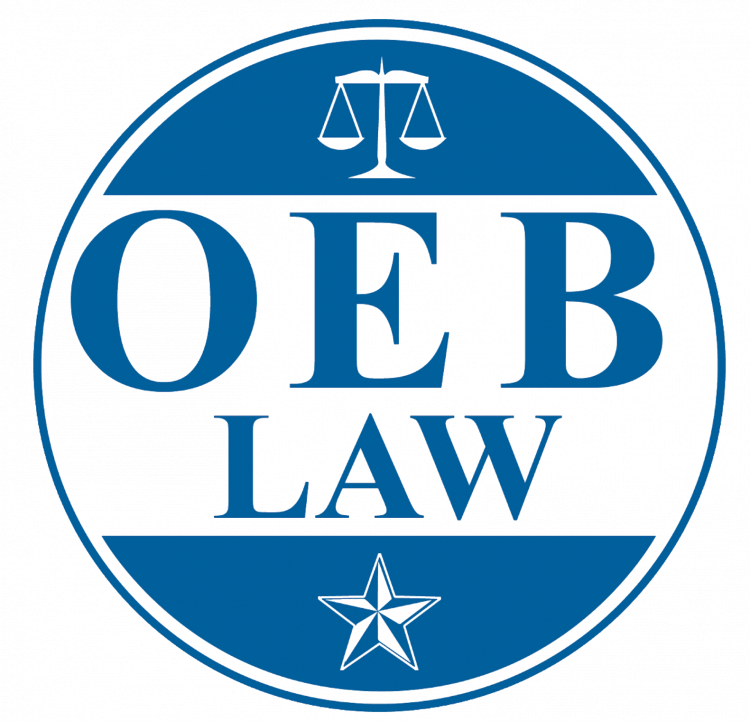Hernia mesh failure is a common reason for a hernia surgery redo. Other reasons for a hernia surgery redo include:
- Mesh erosion
- Mesh infection
- Hernia recurrence
- Mesh shrinkage
- Mesh perforation of surrounding tissues or organs
- Mesh adhesion
Surgical removal of the mesh may be difficult if the device has moved from its original place of implantation and attached itself to surrounding tissue or organs.
Types of Complications That Can Require Hernia Mesh Removal or a Redo
Hernia mesh can cause a wide variety of complications for patients such as:
- Abscess
- Bleeding, pain, or swelling around the incision site
- Bowel obstruction
- Chronic and debilitating pain
- Fever
- Intestinal fistula
- Hernia recurrence
- Nausea
- Sepsis
- Vomiting
At first, patients may not attribute these symptoms to hernia mesh failure. Fever, nausea, and vomiting, for instance, are also symptoms of a cold or flu. When such symptoms continue, a doctor may order tests which would reveal hernia mesh failure.
If you are experiencing hernia mesh complications, discuss the problems that you are having with your surgeon.
A Defective Hernia Mesh Design Can Cause Complications
The defective design of a hernia mesh is another reason why patients have revision surgery. In fact, defective design is a complaint that implant patients have attributed to the Bard Composix Kugel Mesh, manufactured by Davol, Inc., a subsidiary of C.R. Bard, Inc.
The memory recoil ring on the Kugel mesh patch, used in ventral hernia repair, could break and potentially lead to bowel perforation or chronic enteric fistula.
Davol recalled the Kugel mesh patch in December 2005, and expanded the recall in 2006 and 2007. Kugel mesh was identified as a Class 1 recall, the FDA’s most serious type of recall. A Class 1 recall involves a dangerous or defective medical device that could cause serious harm or death.
Patients implanted with the Bard Kugel mesh have filed adverse events reports with the FDA as well as lawsuits against the manufacturer.
Hernia Recurrence Can Cause a Need for Revision Surgery
A hernia that returns after the initial hernia repair may require surgery. Hernia recurrence is a common complication for hernia mesh implant patients. Additionally, hernia recurrence was a common problem associated with hernia mesh that had been recalled by medical device manufacturers.
Hernia recurrence was also a problem with the Ethicon Physiomesh Flexible Composite Mesh. Ethicon Inc., a subsidiary of Johnson & Johnson, reviewed data that showed the composite mesh, used for ventral hernia repair, had higher rates of hernia recurrence and revision surgeries than comparable mesh products.
Ethicon believed the higher rates could be linked to certain characteristics of the Physiomesh but could not offer any specifics as to why the product failed. In May 2016, Ethicon voluntarily removed the Physiomesh Composite Mesh from the global market because the company said it could not give surgeons further instructions that might lead to a decrease in the hernia recurrence rate.
How Long Hernia Mesh Lasts
It depends on the hernia mesh and the patient’s reaction to the device. Some patients do not have revision surgery until years later whereas some patients require surgery shortly after a hernia mesh implant.
Surgery can become necessary shortly after an implant because the body can reject the device. The body’s immune system views hernia mesh as a foreign object and responds by attacking the mesh.
The mesh material can contribute to the body’s rejection of the device. In one adverse event report filed with the FDA, a patient had Atrium Medical’s C-QUR polypropylene mesh removed nine weeks after the initial implant.
C-QUR’s Omega 3 fatty acid coating came off and left the synthetic material in contact with healthy tissue. The interaction caused a foreign body reaction, inflammation, and a substance which developed and surrounded the mesh. The C-QUR mesh was replaced with Ethicon’s Prolene mesh which also required removal.
Contact Us Today for a Free Consultation
If you or a loved one had revision surgery because of complications from a hernia mesh implant, you may be entitled to compensation for your injuries.
At the Law Offices of Ogle, Elrod & Baril, PLLC, we represent clients who experienced complications and side effects from hernia mesh products.
If you suffered complications from hernia mesh devices, our hernia mesh complications lawyers can help you recover compensation for your medical expenses, including revision surgeries, lost wages, pain and suffering, and other damages.
Our faulty medical devices lawyers can build a solid case on your behalf to support your claim for compensation.
Call the Law Offices of Ogle, Elrod & Baril, PLLC, now at 865-546-1111 for a free, no-obligation case evaluation.

